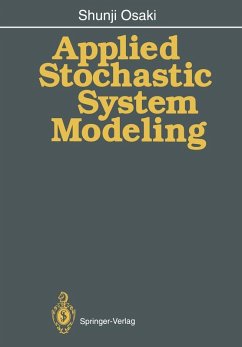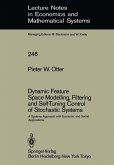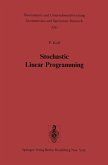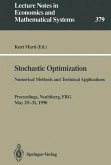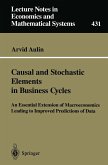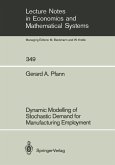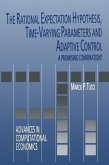This book was written for an introductory one-semester or two-quarter course in stochastic processes and their applications. The reader is assumed to have a basic knowledge of analysis and linear algebra at an undergraduate level. Stochastic models are applied in many fields such as engineering systems, physics, biology, operations research, business, economics, psychology, and linguistics. Stochastic modeling is one of the promising kinds of modeling in applied probability theory. This book is intended to introduce basic stochastic processes: Poisson pro cesses, renewal processes, discrete-time Markov chains, continuous-time Markov chains, and Markov-renewal processes. These basic processes are introduced from the viewpoint of elementary mathematics without going into rigorous treatments. This book also introduces applied stochastic system modeling such as reliability and queueing modeling. Chapters 1 and 2 deal with probability theory, which is basic and prerequisite to the following chapters. Many important concepts of probabilities, random variables, and probability distributions are introduced. Chapter 3 develops the Poisson process, which is one of the basic and im portant stochastic processes. Chapter 4 presents the renewal process. Renewal theoretic arguments are then used to analyze applied stochastic models. Chapter 5 develops discrete-time Markov chains. Following Chapter 5, Chapter 6 deals with continuous-time Markov chains. Continuous-time Markov chains have im portant applications to queueing models as seen in Chapter 9. A one-semester course or two-quarter course consists of a brief review of Chapters 1 and 2, fol lowed in order by Chapters 3 through 6.
Dieser Download kann aus rechtlichen Gründen nur mit Rechnungsadresse in A, B, BG, CY, CZ, D, DK, EW, E, FIN, F, GR, HR, H, IRL, I, LT, L, LR, M, NL, PL, P, R, S, SLO, SK ausgeliefert werden.

